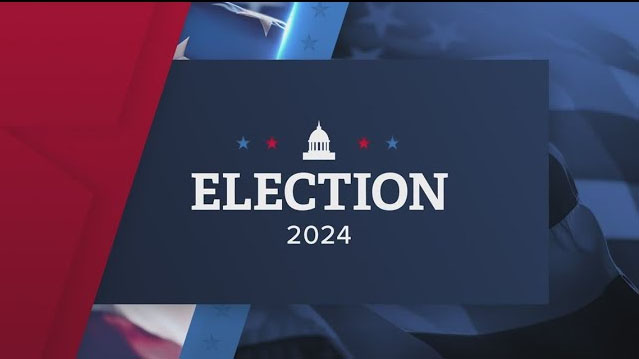
Proposition 3 in California has sparked intense debate. Its main focus is the issue of marriage equality, but beyond the flags of social progress, it raises deeper concerns about the fundamental values and meaning of marriage in our society. While many see this proposition as a necessary step to ensure equality and protect the rights of same-sex couples, others fear that amending the Constitution to this end could have broader, disruptive implications for the institution of marriage.
Marriage equality has been a legal reality in the United States since the Supreme Court’s landmark ruling in Obergefell v. Hodges in 2015. However, in California, the state Constitution still maintains language banning same-sex marriage, a trace of Proposition 8 that was passed in 2008 and subsequently struck down in court. Supporters of Proposition 3 argue that this measure is necessary to align the Constitution with current legal realities and proactively protect the rights of same-sex couples at a time when fundamental rights are being challenged in other states.
From this perspective, Proposition 3 seems like a matter of social justice. Advocates point out that the current language in the California Constitution is a holdover from an earlier era, a symbol of discrimination that no longer reflects the inclusive values that many Californians support. They further warn that constitutional protection of these rights should not be taken lightly, given the growing number of attacks on LGBTQ+ rights in various parts of the country. According to its proponents, California must act as a bastion of equality and freedom, and to do so, the Constitution must reflect these principles.
However, those who oppose Proposition 3 also make arguments that should not be dismissed. They argue that while marriage equality is already legal, altering the Constitution to reflect this is not only unnecessary, but potentially dangerous. They say the proposal goes far beyond simply protecting the rights of same-sex couples and that by opening up the constitutional definition of marriage, it risks eliminating all existing protections for this institution.
One of the key points of the opponents is that by redefining marriage as a “fundamental right” without restrictions, important limits could be eroded as to who can marry. They fear that the ambiguity in the wording of Proposition 3 could allow marriages between children, close relatives or even open the door to polygamy. These opponents argue that while it is important to guarantee equality, it is also important to preserve the legal parameters that protect vulnerable individuals, such as children, from situations of exploitation or abuse. In addition, there is deep concern about the impact that this measure could have on the traditional family structure. For years, numerous studies have shown that children benefit from growing up in homes with a mother and a father, and opponents of Prop 3 argue that by redefining marriage, the measure suggests that this family structure is irrelevant. This, they argue, goes against evidence that children thrive best in an environment with both biological parents present and engaged.
This argument strikes a raw nerve in many sectors of society, especially among those who identify with more conservative or traditional values. For these Californians, marriage is not just a legal institution, but a cultural and moral pillar. Changing the Constitution to redefine marriage without taking these values into account is perceived as an erosion of your beliefs and an imposition of an agenda that does not represent everyone.
It is crucial to recognize that the California Constitution is a document designed to protect the rights of all citizens, not just one group or another. Altering it is a serious matter and should not be taken lightly. Proposition 3, in its eagerness to correct what some see as an injustice, risks further dividing the population by forcing a new definition of marriage that is not shared by everyone. Rather than unifying society around the principles of equality and justice, it could intensify cultural and political tensions.
Therefore, the most prudent approach would be to vote No on Proposition 3. The law already protects the rights of same-sex couples to marry, thanks to the Supreme Court ruling, and there is no immediate need to change the Constitution to reflect something that is already legally binding. Amending the Constitution should be a step reserved for issues where there is broad consensus and a clear need to do so, not for issues that still deeply divide society.
Instead of amending the Constitution, we should focus on fostering respectful dialogue between the different factions of our society. Recognizing the valid concerns of those who value traditional marriage, while defending the rights of all citizens, is the path to a more inclusive and less polarized future.
Voting No on Proposition 3 does not mean opposing marriage equality, but rather protecting the Constitution from unnecessary and potentially dangerous changes that could have unintended consequences for the future of our institutions.



